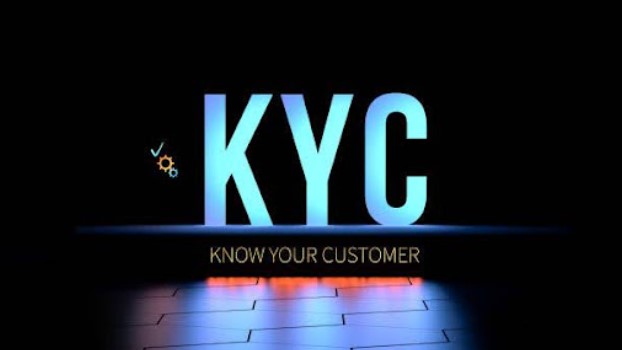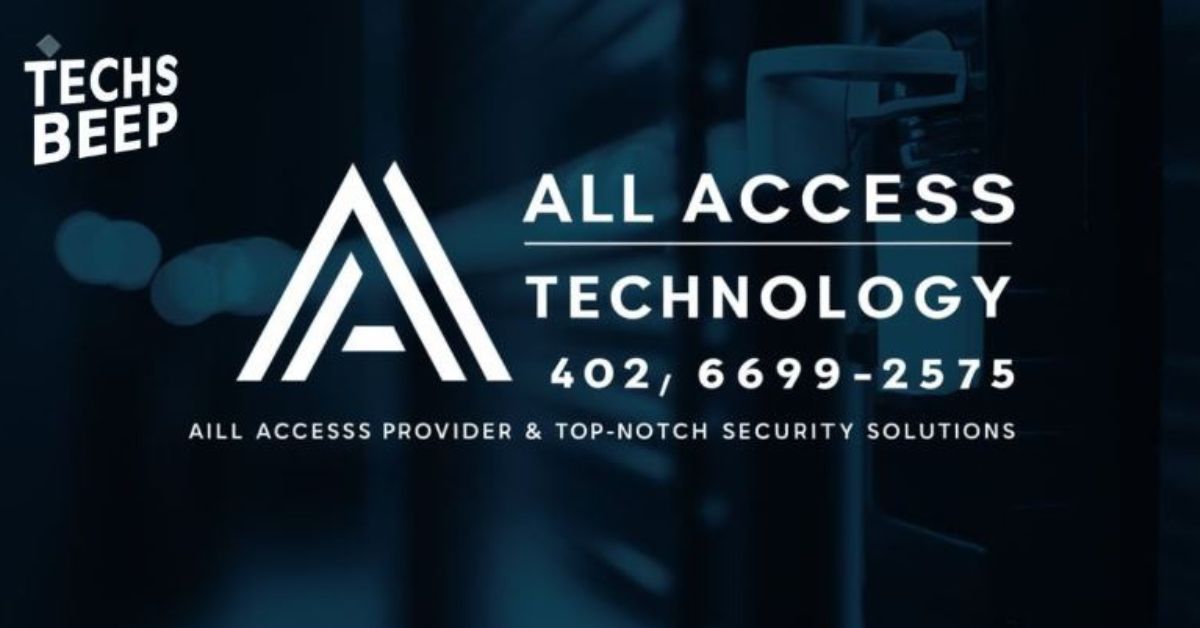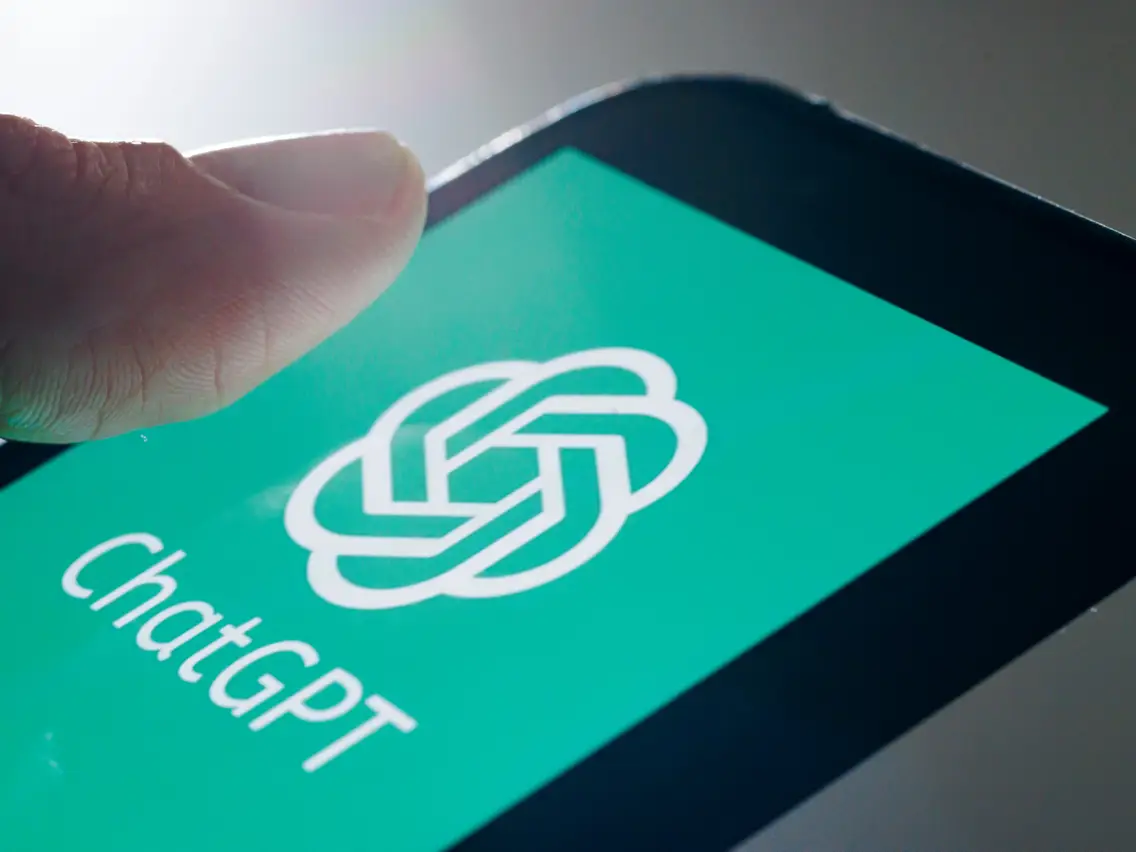The deep fake operators are experiencing exponential growth due to the surge of deep learning systems. These systems contribute significantly to the creation of impersonation and spoofing attacks. Statistics show that approximately 62% of females reported concerns regarding the growing nature of the deepfake technology. These attacks exploit the identity profiles of various individuals, which is why a digital authentication system is crucial for the identification of such entities. Businesses must employ VKYC systems in their identity authentication services as these services are equipped with machine-learning algorithms that streamline spoof detection.
Impact of Video KYC Solutions in Examining Deepfake Entities
Video KYC verification, an enhanced identity authentication process, is the practice of examining the customer’s identity details through online video call servers. In this process, the examiners connect with the customers through online examination links. The examiners conduct real-time interviews where they examine the customer’s identity documents and evaluate their presence through facial recognition algorithms.
The customers are also able to choose examiners that are relevant to their regional backgrounds and familiar with their native language. V-KYC systems are equipped with blockchain technology, which allows them to examine spoofing and impersonation attacks. These systems are significant in the identification of deepfakes due to advanced technologies.
Things to Consider While Identifying Deepfakes
Deepfake is an identity theft practice in which the imposters manipulate the legitimate customer’s facial characteristics and speech attributes. Through these practices, the imposters deceive the examiners by breaching the legitimacy of authentic customers. The exquisite identification of the deepfake entities requires examiners to consider several important things.
- Video verification examiners must thoroughly examine the imposter’s attempt at face embedding. The deepfake developers merge various images and videos to deceive the identities.
- Examiners must also examine the customer’s vocal attributes to screen out voice cloning practices. Imposters clone the legitimate customer’s voice and manipulate the examiners into authenticating their identities.
- V-KYC examiners must analyze the customer’s body movements and gestures to identify the presence of deepfake entities.
- Deepfake actions frequently appear in the textual documents. They manipulate legitimate customer’s document details and misuse the information for personal benefit. The examiners must also thoroughly evaluate the identity documents extensively through enhanced video authentication services.
Detect Deepfakes With Enhanced Video KYC Process
V-KYC algorithms are enriched with blockchain and machine learning modules, which stimulate the system’s ability to identify irregular behaviors in the customer’s live presence. Video verification algorithms utilize active authentication techniques where the customer’s body movements, facial gestures, and vocal patterns are examined through automated 3D depth and pattern analysis.
V-KYC systems are capable of examining the customer’s backgrounds and can effectively screen out all the templates that have been used to satisfy deepfake practices. These systems can effectively identify all the anomalies and pitch differences in the customer’s voice and compare the live data with the information stored in official directories.
Combat Identity Injection Attacks With Video KYC Regulations
Injection manipulation attacks are a critical form of deepfake operations. In these attacks, the imposters use pre-recorded video documents during the video verification practices. They utilize virtual cameras to convey the fake videos to the examiners. V-KYC examiners intensify the evaluation of the video sources, which prevents the imposters from using virtual cameras for the representation of illicit recordings.
Video authentication systems are reliable in identifying the source of several videos. This prevents the imposters from injecting pre-recording video datasets during the identity authentication procedures. V-KYC systems ensure that all impersonators and spoofs are eliminated from accessing the business’s legitimate services. They prevent imposters from misusing the customer’s sensitive information for personal benefit.
Read More Chat GPT
Benefits of Video KYC Online in Detecting Deepfakes
V-KYC systems are significant for the detection of deepfake identities. These systems are capable of identifying the customer’s identity details in real-time. Video identity verification services enhance legitimate customer’s security and protect their profiles from breaches and exploitation. These systems effectively adapt to the new trends that are relevant to the customer’s facial characteristics.
Video authentication algorithms store the customer’s confidential information in the record-keeping databases. These systems ensure compliance with the official government regulations, which makes them a trustworthy platform for customers to authenticate their identities. The obligation of KYC compliance protects businesses from heavy penalties and financial fines. These practices enhance the company’s reputation and stimulate the customer’s trust in the online video authentication channels.
Final Thoughts
V-KYC services play a significant role in the detection of deepfake entities. These services are forming the future of identity authentication measures because of their incorporation of machine-learning services. Video identity authentication solutions are capable of identifying the irregular behaviors of customers, which streamlines their attempt to screen out illicit entities. These identity validation services are capable of examining the customer’s facial characteristics, vocal patterns, and body movements in real-time. The real-time authentication services make them a desirable practice for businesses to conduct the identity analysis of diverse entities.
For more great updates keep visiting yellowsstone.



